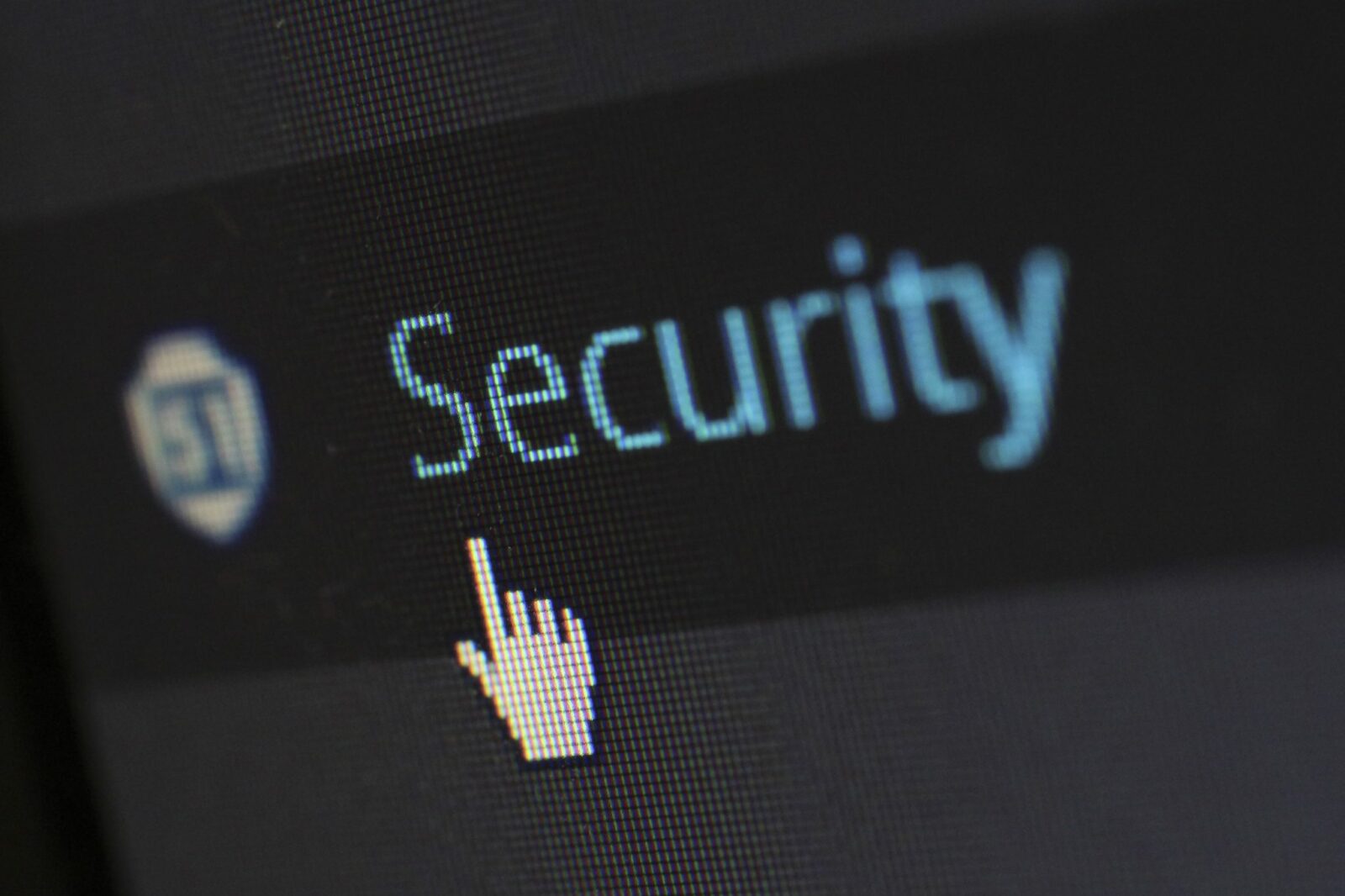Cybersecurity Concerns Hit Home: Maine’s Recent Cyberattack Raises Alarms

In an era dominated by digital interactions, the recent cyberattack on the state of Maine has sent shockwaves through our local communities, putting the sensitive information of 1.3 million people at risk. As the cyber threat landscape continues to evolve, it becomes imperative for Maine residents to understand the implications of such incidents and take proactive measures to safeguard their personal data. It’s true that news of yet another large-scale breach can be disheartening and scary. However, there are practical, non-complicated actions individuals can perform to mitigate the risks.
What happened?
As Maine state agencies navigate the aftermath of this cyber incident, it’s crucial for residents to be informed about the nature of the attack and the steps they can take to mitigate risks.
In May 2023, the Clop ransomware gang started exploiting a zero-day vulnerability in Progress Software’s MOVEit Transfer enterprise file transfer tool. Although Progress Software issued a patch quickly, the damage was already done. Clop’s attack was widespread and resulted in the theft of data from government, public, and business organizations worldwide. Some of the affected organizations include New York City’s public school system, a UK-based HR solutions and payroll company with clients like British Airways and BBC, and others.
Some Maine State Departments and Agencies were also affected. Specific personal information at risk depends on how an individual has contacted state offices. The state discovered the incident on May 31, and it is being described as a global attack. You can read more about the incident and response so far at Maine.gov: https://www.maine.gov/moveit-global-data-security-incident/.
The aftermath
The Maine government and law enforcement agencies are working tirelessly to investigate the circumstances of the cyberattack and enhance the state’s cybersecurity infrastructure. It is still early days, and more information will be available as details of how the attackers gained access and what the extent of the stolen information includes.
The official investigation is ongoing and it’s likely that new and improved safeguards will be instituted for any affected sites. Additionally, it’s important to remember that cybersecurity is a shared responsibility, and individuals must actively contribute to the collective effort to create a safer digital environment for all Mainers.
How you can protect and prepare?
Cybersecurity experts across the state and beyond recommend vigilance and proactive measures to protect personal information, both online and offline.
First and foremost, residents should be aware of the specific details surrounding the cyberattack. Understanding the methods employed by cybercriminals can empower individuals to recognize potential phishing attempts, fraudulent activities, or other malicious behaviors. Staying informed through reputable local news sources and official statements from relevant authorities can help cut through misinformation and provide accurate insights into the incident.
Furthermore, in the wake of this cyber threat, Mainers should prioritize strengthening their online security practices. This includes immediately updating passwords for online accounts, using strong (long), unique combinations for each account, and enabling multi-factor authentication (MFA) whenever possible to add an extra layer of security. Cybercriminals often exploit weak passwords as an entry point, making it essential for individuals to fortify their digital defenses.
In addition to online precautions, Mainers should be cautious about sharing personal information, even offline. Scammers often use a variety of tactics, including impersonation and social engineering, to gather sensitive details. Residents should verify the legitimacy of requests for personal information, whether received via phone, email, or in person, before sharing any data. In the wake of this attack, individuals should regularly review bank statements, credit card transactions, and other financial records for any unauthorized or suspicious activity and report any discrepancies to financial institutions promptly.
Let’s get together
Beyond individual efforts, community awareness and collaboration are key components of a robust cybersecurity defense. Local organizations, businesses, and community groups can play a crucial role in educating their members about cyber threats and promoting a culture of cybersecurity. Workshops, seminars, and outreach programs can be effective tools to disseminate information and empower individuals with the knowledge they need to protect themselves.
For example, you can find a few BNN resources to get you thinking about how you’re managing your own cybersecurity here.
This recent cyberattack underscores the vulnerability of our interconnected world. With the personal information of more than a million individuals hanging in the balance, the threat hits close to home for Mainers who now find themselves potential victims of identity theft, financial fraud, and other malicious activities.
It continues to be important to remember that cybersecurity is not a distant concern but a pressing issue that affects us all. By staying informed, adopting strong online security practices, and fostering a culture of cybersecurity within our communities, Mainers and individuals and business everywhere can fortify their defenses against the ever-evolving threats in the digital landscape. Together, we can build a resilient and secure cyber environment at home and throughout the world.
To learn more about the cybersecurity incident, contact Pawel Wilczynski, BNN’s cybersecurity specialist.
Disclaimer of Liability: This publication is intended to provide general information to our clients and friends. It does not constitute accounting, tax, investment, or legal advice; nor is it intended to convey a thorough treatment of the subject matter.

